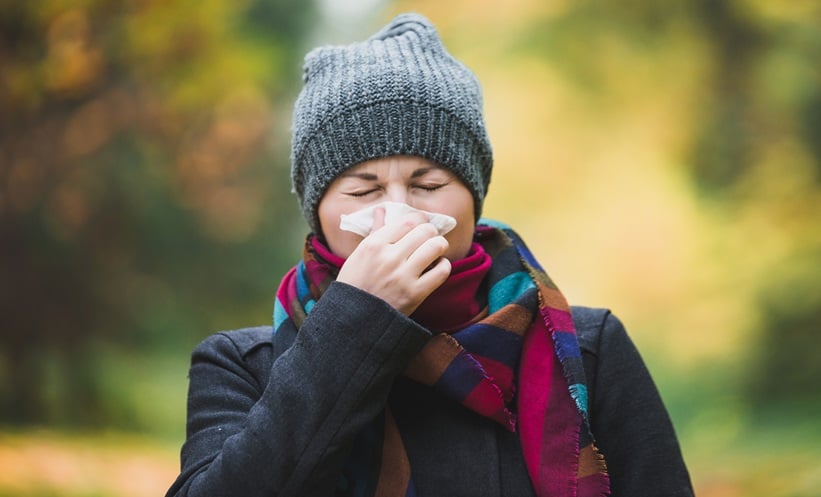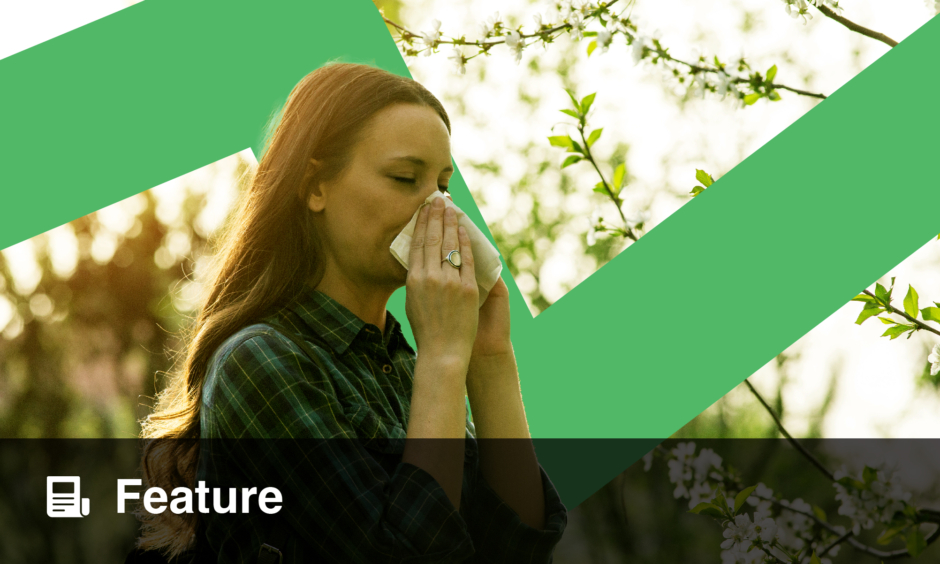IN POPULATIONS exposed to strong variations in weather conditions between seasons, a person’s season of birth (SOB) has been associated with several non-communicable diseases. A new study, based in Finland, aimed to determine whether SOB is linked to specific airway allergies and related diseases, including NSAID-exacerbated respiratory disease, asthma, allergic rhinitis (AR), nonallergic rhinitis, and chronic rhinosinusitis both with or without nasal polyps.
Using retrospective registry-based follow-up data from 74,868 patients with otorhinolaryngological and respiratory diagnoses collecting data on gender, age, birth date, and specific respiratory conditions. Statistical analyses, adjusted for sex and age, divided the year into four SOB groups: winter (December-February), spring (March-May), summer (June-August), and autumn (September-November), with summer as the reference season.
The mean age of the participants was 34.53 years with 51.3% of the cohort being female. The study found that the prevalence of asthma was highest in those born in winter at 43.1% and lowest in those born in summer at 41.1%. Similarly, AR was more common in those born in autumn, 12.1%, and winter, 12.6%, compared to summer, 10.7%. Statistical analysis revealed significant associations between being born in autumn or winter and the prevalence of asthma and AR.
The researchers suggested that seasonal variations in light levels, vitamin D metabolism, vegetation, and air pollution could influence allergenicity, immune responses, and the risk of allergic rhinitis and asthma. Previous research in Finland also indicated that individuals born in winter or spring have a higher risk of developing asthma in adulthood. Notably, a contrasting study found that adult-onset asthma was associated with being born between January and June, suggesting that different populations and birth decades may affect risk patterns. The variability in findings across different countries might be due to differences in populations, allergens, pollutants, and luminosity.
Overall, this study highlights the importance of considering early life factors in understanding and preventing chronic airway diseases highlighting a significant seasonal influence on respiratory health underscoring the need for further research on this topic.
Katie Wright, EMJ
Reference
Hänninen R et al. Being born in autumn or winter is associated with asthma and allergic rhinitis in Finland. Clin Transl Allergy. 2024;14(7):e12383.






